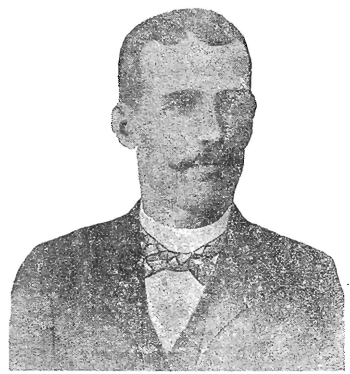On Saturday, February 20, 1909, the headline of the World-Herald Herald read “Ed Lowery, South Omaha Policeman, Is Shot and Killed By Greek.” The bold type was followed by an article which left no doubt that the Greek community of South Omaha, numbering over a thousand, and not John Masourides the alleged slayer, was really responsible for the conditions and law violations which were inevitably to end in such a tragedy. A petition was initiated by Joseph Murphy, a South Omaha civic leader, circulated and printed in two of the three major local journals, the World Herald and the Daily News. The inflammatory petition called for a general meeting of South Omaha’s citizenry to discuss ridding the community of the “filthy Greeks.”
The Anti-Greek Riot of 1909 in South Omaha and all its consequences presented another example of irrational human behavior. South Omaha was home to the packing industry, and the Greek immigrants provided a source of cheap labor. Resentment of their place in the local community, suspicion of their cultural differences, lack of involvement by local police, and yellow journalism contributed to the brief but deadly and destructive riot that took place within the span of fewer than nine hours and resulted in a Greek flight from the community.
Read the full article here.

Picture of Ed Lowery, whose murder by John Masourides started the riots.



